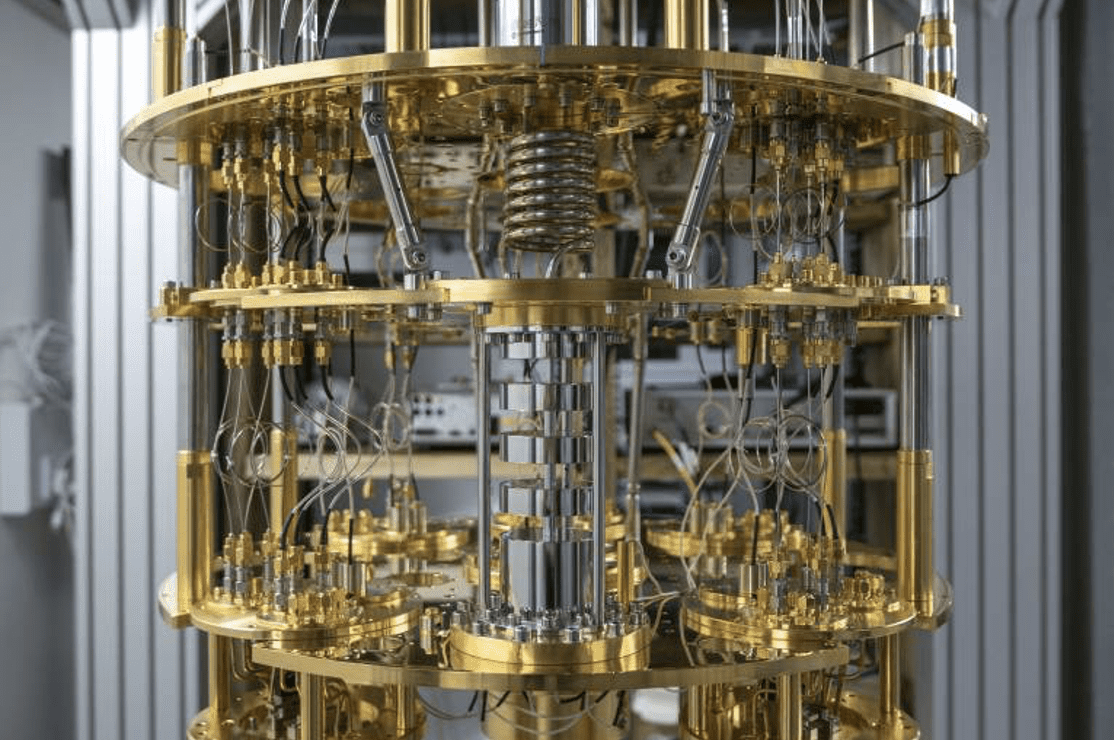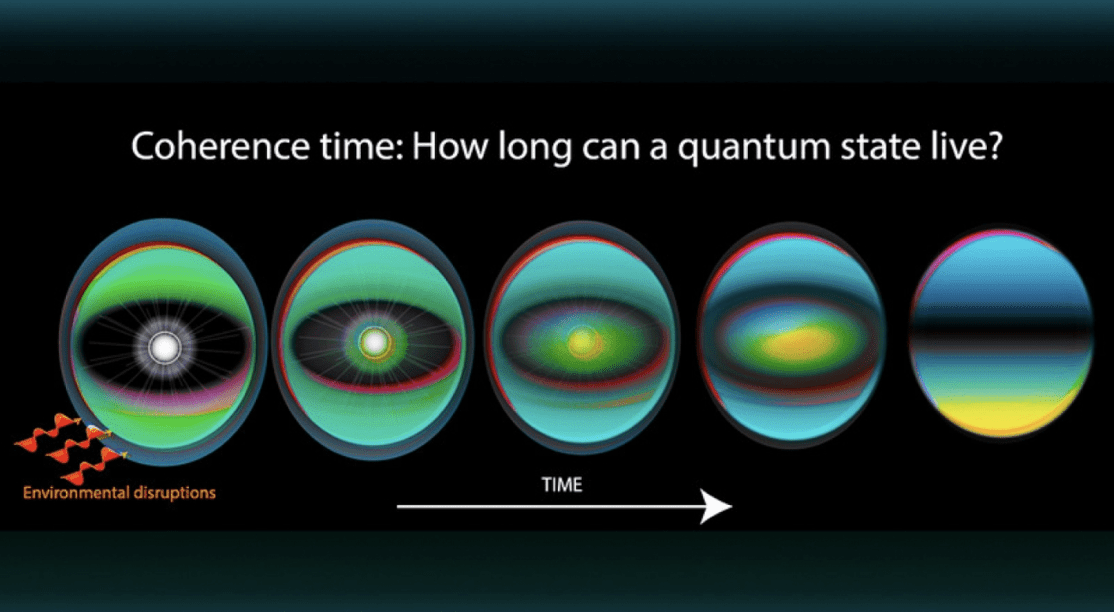China Is at the Forefront of Superconducting Quantum Chips KellyOnTech
What is currently recognized as one of the hottest technological routes for quantum computing in the world?
That is superconducting quantum computing. Some say that quantum computing will become the new cornerstone of this world order. For artificial intelligence to truly explode, one of the major factors depends on computing power. Computing power is simply the amount of time it takes for a computer to solve a problem, and if the computing power is insufficient, AI will be slow to come up with results and its functionality will be limited. Quantum computing is superior to classical computing, and people are counting on quantum computing to solve the problem of computing power.

Note: Quantum computing is superior to classical computing in that quantum bits can exist in the current combination between 0s and 1s in a superposition state, which makes it possible for quantum bits to represent more than one state at the same time. This provides an advantage in parallel processing and search problems.
Major technology companies are scrambling to develop related technologies. For example, NVIDIA’s R&D tentacles in the field of artificial intelligence chips have been involved in the field of quantum computing, dedicated to accelerating the interoperability between classical computing and quantum technology.
Why Use Superconducting Materials for Quantum Computers
Room temperature superconductivity is on fire in 2023. In March, the American Physical Society from the University of Rochester scientists Diaz announced the discovery of room temperature superconducting materials. July South Korea’s scientific research team published a paper claiming to have realized room temperature superconductivity in the laboratory, that is, in the room temperature conditions, you can realize the resistance to zero. With resistance, there is energy loss. If room-temperature superconductivity is really realized, energy utilization will rise by a large margin, and high-voltage power lines will not be needed. Another key characteristic is that because there is zero resistance, no heat is generated, so the magnetic field formed is particularly stable.

Note: It has been more than 100 years since the discovery of superconductivity. Low temperature superconducting materials can only be used in liquid nitrogen at -270°C, which is expensive. High-temperature superconducting materials are at minus 200°C, which reduces the cost. Diaz has worked out that the material can be used at 21°C. How is this achieved? It’s trading pressure for temperature. Some materials exhibit superconducting properties under conditions of great external pressure. Ternary composites based on the element hydrogen are generally used. A South Korean team claims to have created a superconducting crystal called LK-99, which can achieve superconductivity below 127°C.
One of the reasons for the widespread use of superconducting materials in quantum computing lies in their special physical properties that enable the construction of stable and controllable quantum bits.
What’s New in Superconducting Quantum Computing
China is an international leader in the field of superconducting quantum computing. In November 2023, it successfully delivered a superconducting quantum chip, which was independently developed, designed, packaged, and tested, to a scientific research institution in the Middle East.
The superconducting quantum chip is the brain of the superconducting quantum computer, capable of performing ultra-complex computational tasks with extremely high efficiency. Another important system of a superconducting quantum computer is the measurement and control system, which can be regarded as the commander of the quantum world, responsible for precisely manipulating and measuring tiny quantum bits.
Globally, there are very few companies with the production capacity to produce standardized superconducting quantum chips, such as the quantum computing R&D department like IBM, Google’s Quantum AI Lab, and the previously introduced Canadian company D-Wave Systems, whose system based on the quantum annealing algorithm uses a superconducting quantum processor, primarily for solving the optimization problems. Another company, IonQ, uses ion trap technology rather than superconducting quantum computing.
What Are the Difficulties to Produce Superconducting Quantum Chips
Producing superconducting quantum chips faces many challenges in addition to the difficulties of producing general chips:
1. The design of Quantum chips is more complex than that of traditional computer chips. Because quantum bits will be affected by surrounding environment to generate quantum noises, which in turn affects the operating accuracy of quantum logic gates, making the design and realization of quantum chips more difficult than traditional chips.
2. Limitations in material selection and manufacturing process — High-quality superconducting materials, such as aluminum, copper, and niobium, etc. In addition, sophisticated micro-nano manufacturing processes and high-precision control techniques are required to realize complex quantum bit structures and circuit connections.
3. The consistency and stability of quantum bits are difficult to guarantee, and in standardized production, precise control and calibration techniques are required.
What Is One of the Most Important Metrics for Evaluating the Performance of a Quantum Chip
Why say China’s superconducting quantum chips are leading in the international arena? I will illustrate this with the decoherence time, one of the important indicators for measuring the performance of a quantum chip. Since quantum states have coherence, the interference effect between quantum bits. If there is external interference, the coherence will be lost and decoherence will occur.

Decoherence time is one of the most important metrics for evaluating the performance of a quantum chip, which is often referred to as the lifetime of a quantum bit. In the process of quantum computing, a long decoherence time means that the stability of the quantum state can be better maintained, providing a longer time window for the execution of the algorithm, which in turn improves the accuracy of the calculation results. The superconducting quantum chips produced in China has a decoherence time T1 of 10–100 microseconds, which can better reduce the error rate and the interaction between quantum bits, thus improving the reliability and stability of quantum computation.
If you want to buy cost-effective superconducting quantum chips, please feel free to write to us privately.



